Want immediate suspension of Jadhav death sentence by Pak: India at ICJ
Mon 15 May 2017, 18:26:52
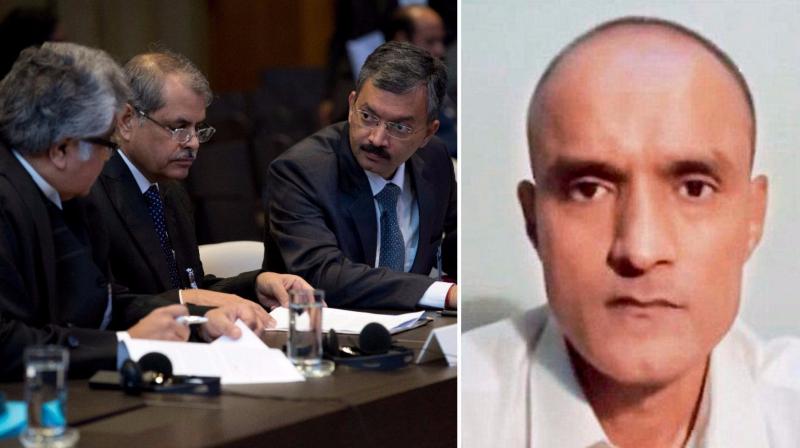
The Hague: The International Court of Justice (ICJ) in The Hague on Monday began hearing the case of Kulbhushan Jadhav, the alleged Indian spy sentenced to death by a Pakistani military court. Both sides are given 90 minutes each to present their arguments.
The ICJ is holding public hearings in the case at the Great Hall of Justice in Peace Palace at The Hague in Netherlands. India will present its case from 1:30 to 3:00 pm (IST) and Pakistan from 6:30 to 8:00 pm.
Jadhav, a former Indian naval officer, had been sentenced to death about a month ago by a Pakistani military court on grounds of espionage and sabotage. India contested the move and dragged Pakistan to the ICJ on May 8 for refusing consular access to Jadhav and for violating the Vienna Convention on consular relations.
Both countries had last clashed at the ICJ 18 years ago, with the previous instance relating to shooting down of Pakistan's maritime reconnaissance aircraft Atlantique by the IAF in the Kutch region on August 10, 1999, killing 16 people on board shortly after the Kargil conflict.
Indian lawyer Harish Salve
Pakistan has refused consular access and also failed to provide evidence and documentation from the so called trial which has made India unable to represent jadhav legally, senior lawyer and counsel Harish Salve presented India's argument in the top UN court.
In an earlier case, the court has said that provisional measures would be granted by the court if the rights claims of the party are at least plausible. There have been three instances -- Paraguay vs US; Germany vs US (The LeGrand case); Mexico vs US (Avena case) -- where the court has entertained cases pertaining to the violation of Vienna convention, he added.
The court used the phrase 'coming month' in Avena case which I felt, the court felt that any risk in the next six months could be considered as urgent and therefore actionable.
There is no assurance that until this court is in session, Jadhav would not be executed, Salve said. Thus, there is need for intervention, he added.
India refutes all allegations made by Pakistan and maintains its stand that Jadhav was kidnapped from Iran and the case against him was based on a confession obtained by force.
India has enclosed an article where Pakistan has said the verdict was based on irrefutable evidence and the verdict would not be overturned and that it would stand by the order, he told the top UN court.
The appeal filed by Jadhav's parents was in desperation, without knowing the charges or the evidence against him. It is unknown in case of Jadhav as to who will appeal for
clemency.
clemency.
Even if Jadhav does agree to appeal for clemency, there is also no guarantee that he will wait until the last of the period to do so.
Requisites for ICJ's jurisprudence: Disputes arising out of interpretation or application of the convention and the party that brings the dispute to the court should be a party in the case.
The need for consular access to a person charged for terrorism is all the more important, based on the court's previous observations and judgements.
The law provides for all disputes arising out of the Vienna Convention is mandated to be heard by the ICJ. Thus the court would have jurisdiction, prima facie, in listening to the case.
The trial was conducted without informing the individual his rights and also without consular access to India, which is again in violation of the Vienna Convention.
The greater the charges are, the more the need for punctilious adherence to the conventions is. Violation of the rights of individual under Article 36 is a violation of the rights of the sending state.
Even the existence of any other remedy in the domestic law of Pakistan does not bar this court's jurisprudence in this case.
Salve urged the court to rule that Pakistan should take all necessary measures to ensure Jadhav is not executed; it should report to the ICJ about its action in pursuance of first point and it should not take any action that would prejudice Jadhav's and India's rights.
Dr Deepak Mittal, joint secretary of India's Ministry of External Affairs
Deepak Mittal, who is representing India in the ICJ, said the trial of Kulbhushan Jadhav by Pakistan military court was farcical and urged for provisional measures.
"The fact that hearing is taking place within seven days of request acknowledges the urgency of the issue. By its timely action, the court has given hope to the entire country and the innocent family of the soldier," Mittal said.
"We hope that the court will provide provisional measures stopping the decision taken by after a farcical trial in Pak in violation of the rights given to Jadhav and to India," he added.
Co-agent Vijay Sharma
Article 36 of the Vienna Convention, recognised as the acknowledgment of rights of individuals from another state and the state itself, its provisions are sacrosanct, Pakistan has violated all provisions of Article 36, Vijay Sharma, co-agent, said.
India was repeatedly denied consular access. Under para 1 of Article 36, the court has jurisdiction to rule on all cases pertaining to the article. Thus India is relying on the court for a decision, he added.
No Comments For This Post, Be first to write a Comment.
Most viewed from International
Most viewed from World
AIMIM News
Latest Urdu News
Most Viewed
May 26, 2020
Do you think Canada-India relations will improve under New PM Mark Carney?
Latest Videos View All
Like Us
Home
About Us
Advertise With Us
All Polls
Epaper Archives
Privacy Policy
Contact Us
Download Etemaad App
© 2025 Etemaad Daily News, All Rights Reserved.

.jpg)
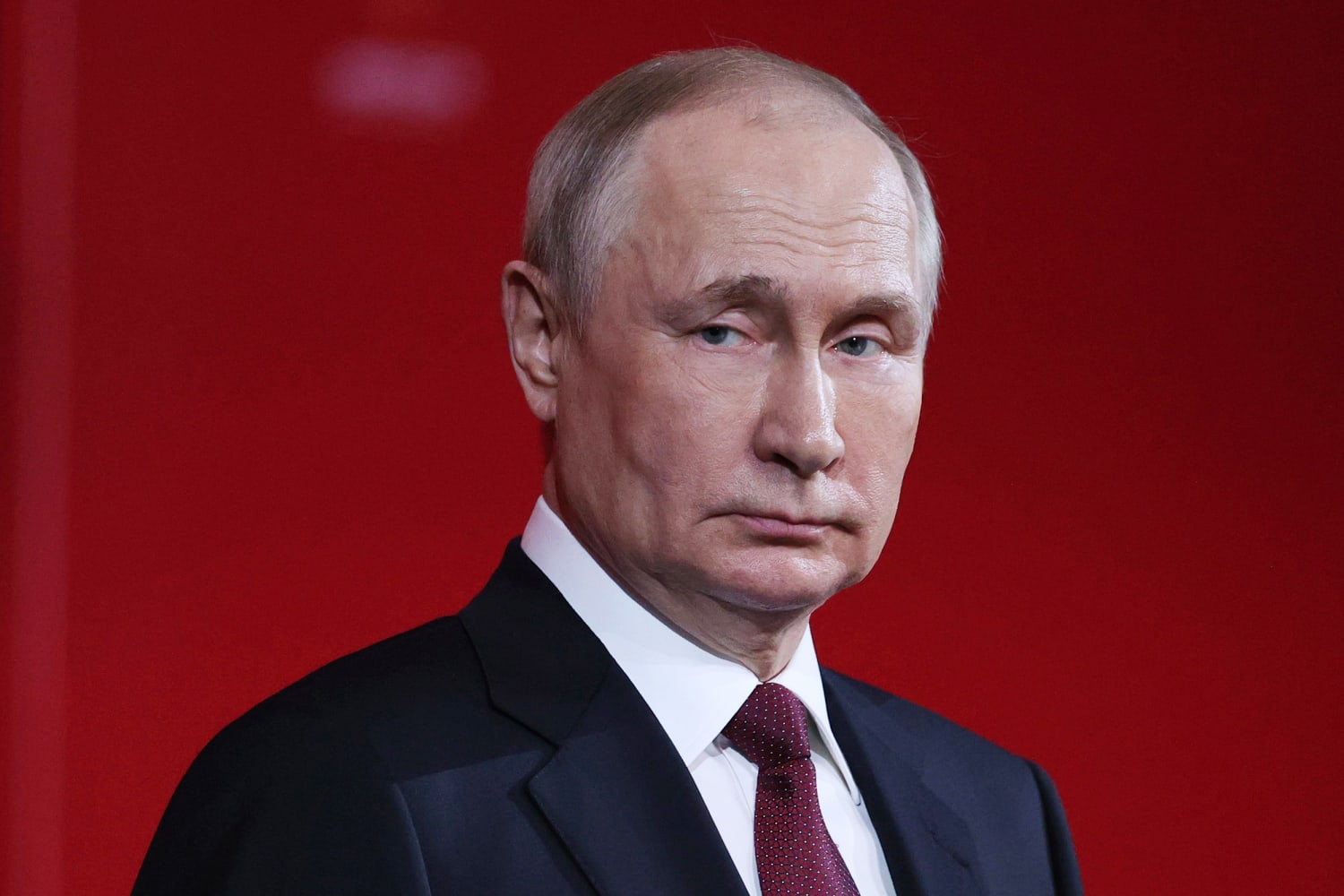
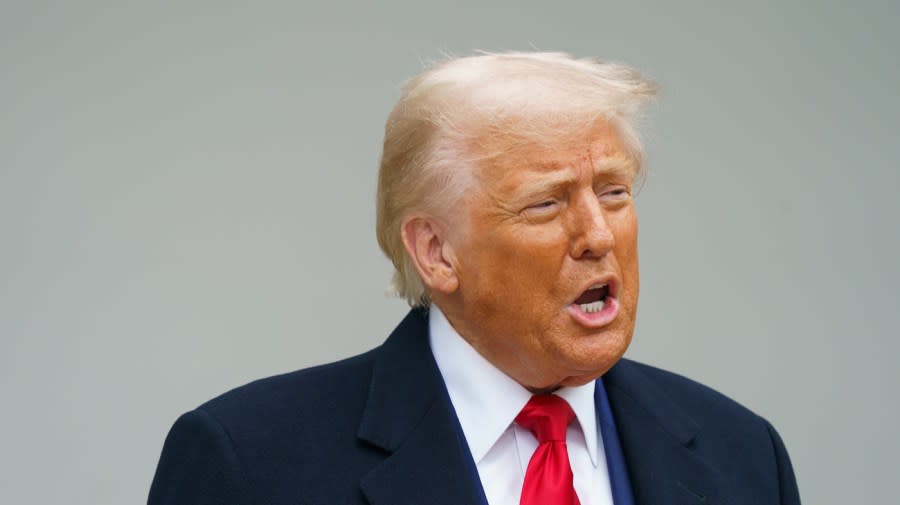

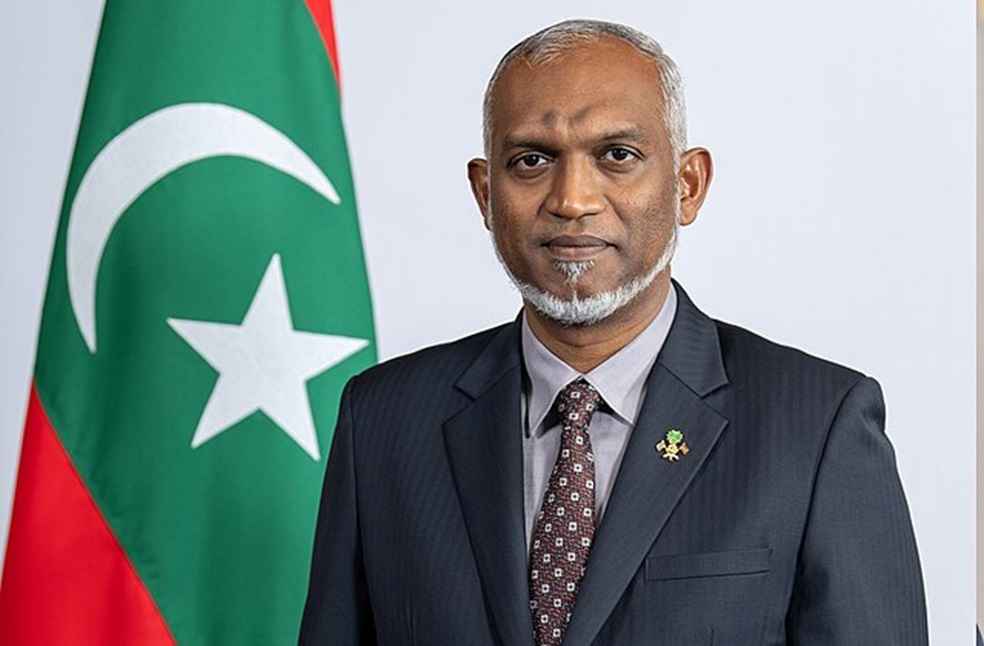
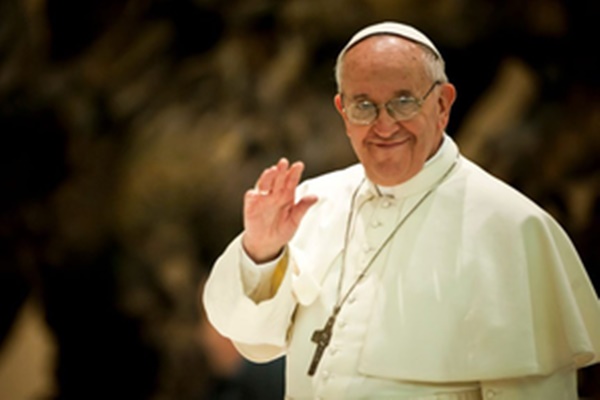
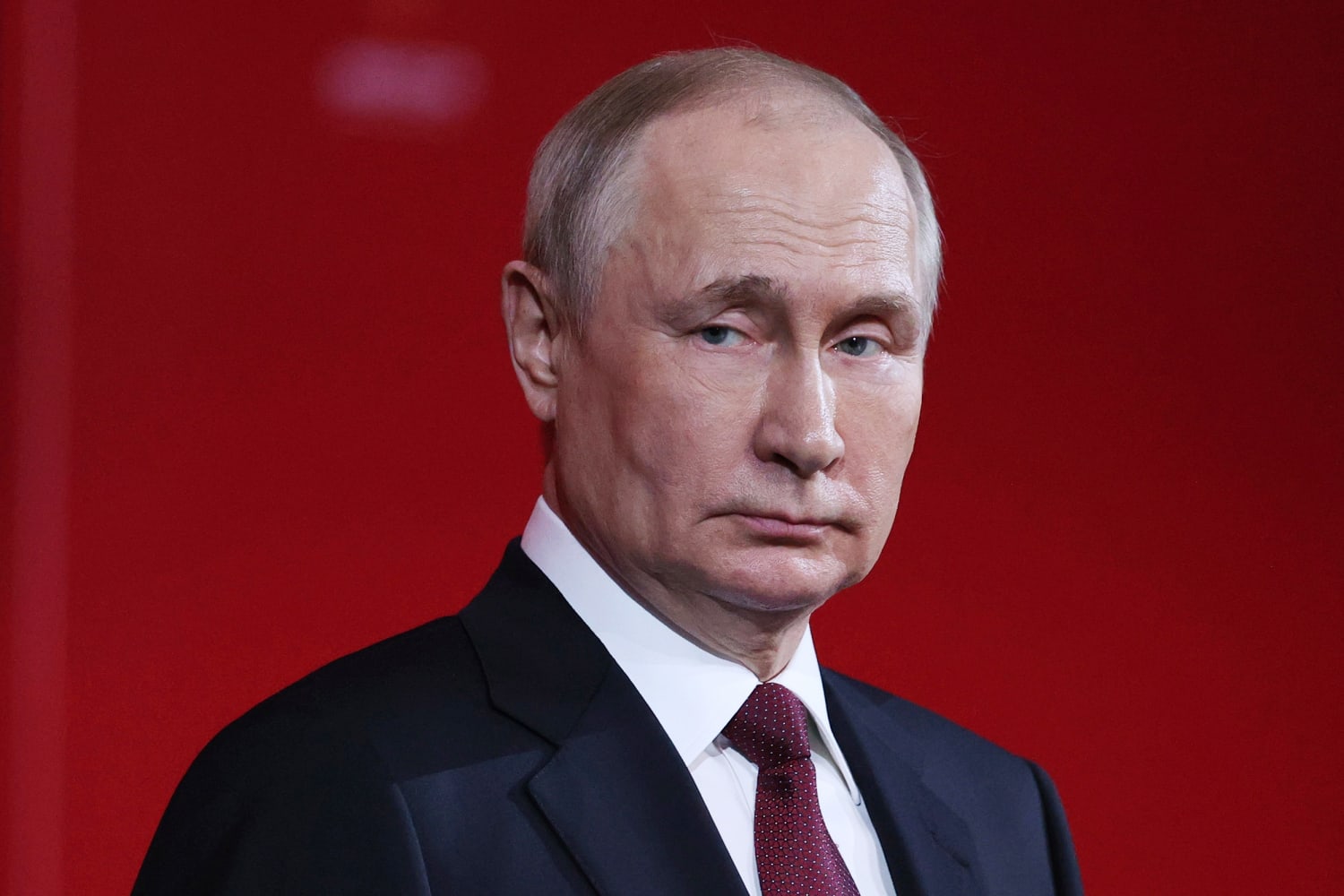
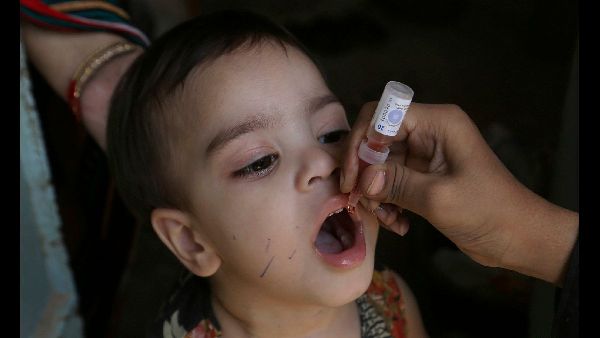
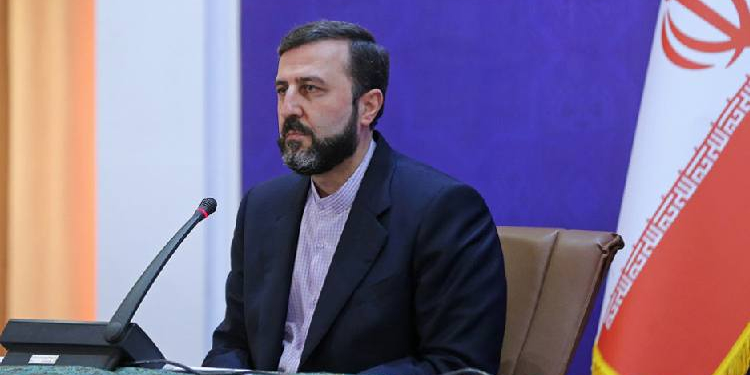

.jpg)
.jpg)
.jpg)
.jpg)
.jpg)
.jpg)
.jpg)
.jpg)
.jpg)
.jpg)
.jpg)
.jpg)
.jpg)
.jpg)

















